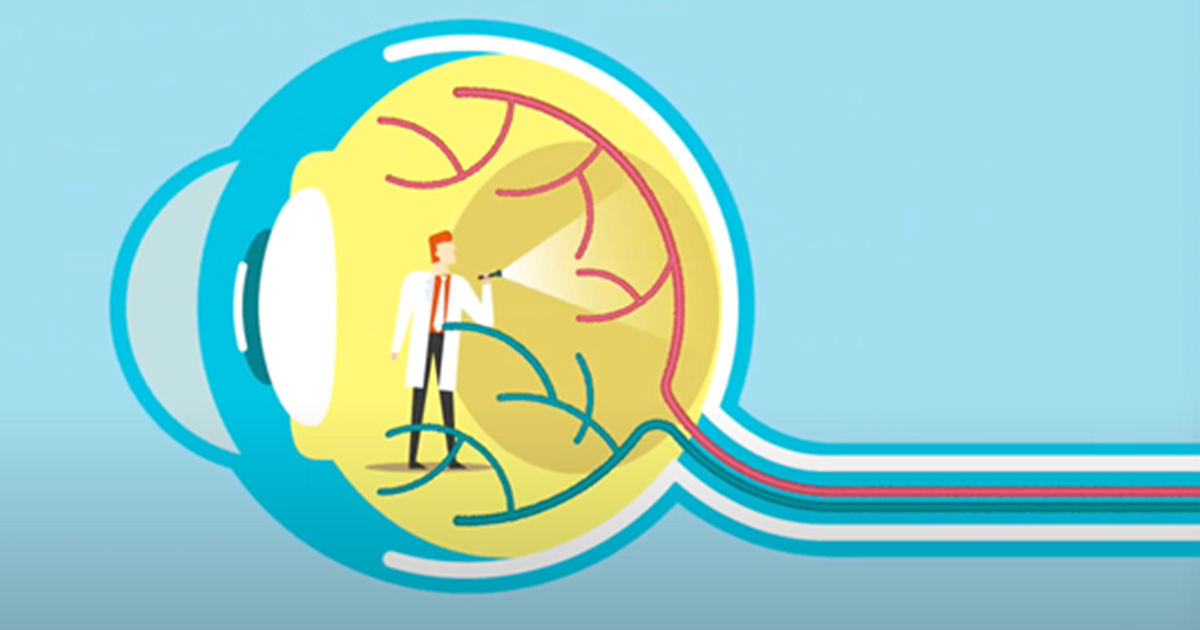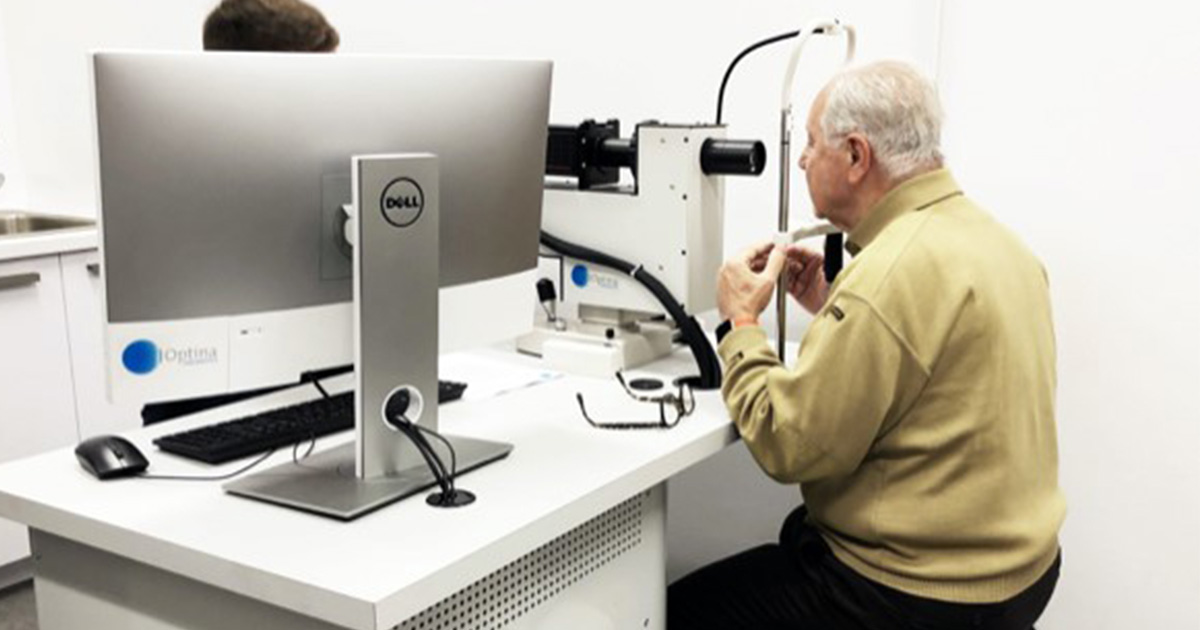Do you have senior moments? Are you concerned your memory loss may be a sign of something beyond normal aging? Optina’s novel eye exam is helping physicians answer these questions with confidence.
Almost 40 percent of people over the age of 65 experience some form of memory loss. While some memory loss associated with aging is normal, a small percentage will progress to Alzheimer’s related dementia.
There is currently no cure for Alzheimer’s or Alzheimer’s related dementia, but early detection can give patients more control over how they manage their overall wellbeing. That includes managing their brain health to reduce certain risk factors, potentially delaying or even reversing memory loss.
“Brain health is directly linked to our overall health,” says Dr. Sandra Black, a neurologist at the Sunnybrook Health Sciences Centre. “Things like physical activity, sleep, diet, and social engagement are all extremely important in building reserve and resilience for brain aging.”
The health of your brain and your heart are also connected, which means that managing cardiovascular risk factors like diabetes, obesity, and high blood pressure can also reduce the risk of cognitive decline.
Barriers to diagnosis
However, one of the biggest challenges to fighting cognitive decline is late diagnosis. The underlying pathology of memory loss can start years before any symptoms arise.
Currently, there’s no single diagnostic test for patients who are experiencing symptoms of cognitive decline. Instead, physicians use a process of elimination, ruling out other health concerns via cognitive assessments, medical and family history, and speaking to family members, friends, and caregivers. This process may take years, and may eventually require invasive and costly tests involving nuclear brain imaging such as a positron-emission tomography (PET) scan.
That’s why the experts in imaging, engineering, and artificial intelligence at Optina Diagnostics have been working to find new screening approaches to aid in the early detection of memory loss. Early detection can help empower patients with the necessary information to make changes to their lifestyle, and to ensure that plans are in place for their long-term care.
I spy with my little eye
“The eye is a natural window to the brain through the retina, as it’s an anatomical extension of the brain,” explains Dr. Black.

Researchers recently discovered that changes in the retina are associated with the hallmark cause of memory loss. These discoveries could dramatically transform the design of clinical trials to discover new treatments for Alzheimer’s related dementia.
Optina Diagnostics developed a way to detect these changes with a quick, safe, and non-invasive eye test.

“It’s exceedingly more accessible than the PET scan technology currently in use in clinical trials” says Dr. Bergeron, a psychiatrist and neuroscientist at the Ottawa Memory Clinic.
“With funds from prominent venture capital firms as well as government bodies, we have made significant progress over the last years and we are now getting close to our final commercial approval in Canada and the U.S.,” says David Lapointe, CEO of Optina Diagnostics.
While the immediate goal is to test at-risk individuals,
Dr. Bergeron hopes Optina technology will eventually be accessible for anyone over a certain age — It’s never too early to start thinking about your brain health.
Optina is transforming detection and understanding of memory loss by bringing cutting-edge eye imagery and artificial intelligence to your local eye clinic.
“Together we can make memory loss a souvenir”



